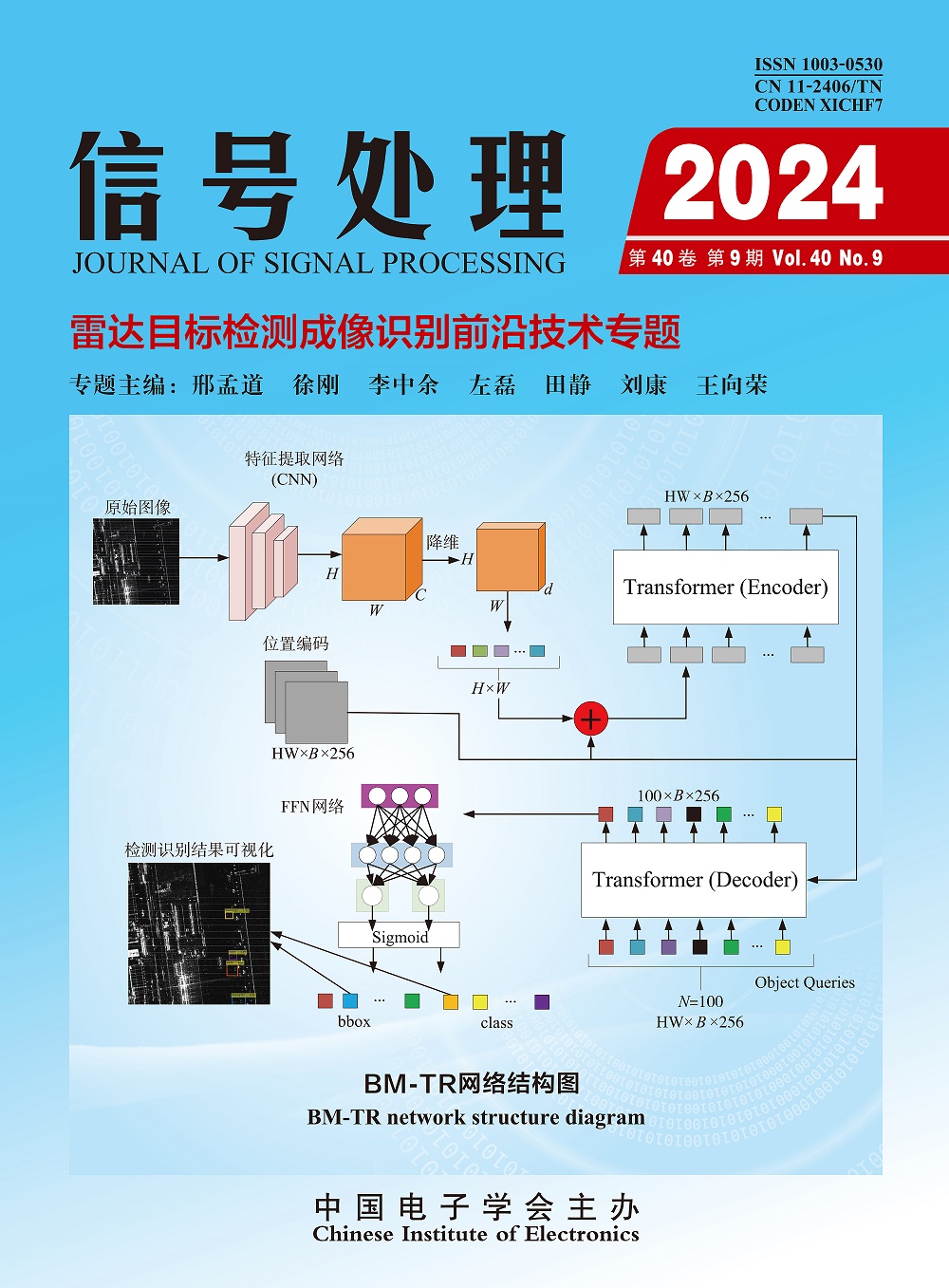用于监视雷达系统的先进STAP实现
引用次数: 6
摘要
时空自适应处理(STAP)已成为提高雷达系统在严重和动态干扰(通常包括杂波和干扰)下工作性能的一项关键技术。虽然最佳STAP的理论是众所周知的,但在作战雷达系统中实施STAP时,需要克服诸如干扰异质性、有限样本支持、信号模型不匹配和计算负载等实际问题。本文提出了一种先进的STAP公式,该公式解决了实际实施中面临的重要问题,然后针对超视距(OTH)雷达的抗干扰情况对该通用公式进行了调整,以实验评估其目标检测和定位性能。本文章由计算机程序翻译,如有差异,请以英文原文为准。
An advanced STAP implementation for surveillance radar systems
Space-time adaptive processing (STAP) has emerged as a key technology for improving the performance of radar systems required to operate in the presence of severe and dynamic interference which generally includes clutter as well as jamming. While the theory of optimum STAP is well known, practical issues, such as interference heterogeneity, finite sample support, mismatched signal models and computational load, need to be overcome when it comes to implementing STAP in operational radar systems. This paper proposes an advanced STAP formulation which addresses important issues facing practical implementation and then tailors this general formulation for the case of interference rejection in over-the-horizon (OTH) radar to evaluate experimentally its target detection and localisation performance.
求助全文
通过发布文献求助,成功后即可免费获取论文全文。
去求助
来源期刊
自引率
0.00%
发文量
5812
期刊介绍:
Journal of Signal Processing is an academic journal supervised by China Association for Science and Technology and sponsored by China Institute of Electronics. The journal is an academic journal that reflects the latest research results and technological progress in the field of signal processing and related disciplines. It covers academic papers and review articles on new theories, new ideas, and new technologies in the field of signal processing. The journal aims to provide a platform for academic exchanges for scientific researchers and engineering and technical personnel engaged in basic research and applied research in signal processing, thereby promoting the development of information science and technology. At present, the journal has been included in the three major domestic core journal databases "China Science Citation Database (CSCD), China Science and Technology Core Journals (CSTPCD), Chinese Core Journals Overview" and Coaj. It is also included in many foreign databases such as Scopus, CSA, EBSCO host, INSPEC, JST, etc.

 求助内容:
求助内容: 应助结果提醒方式:
应助结果提醒方式:


